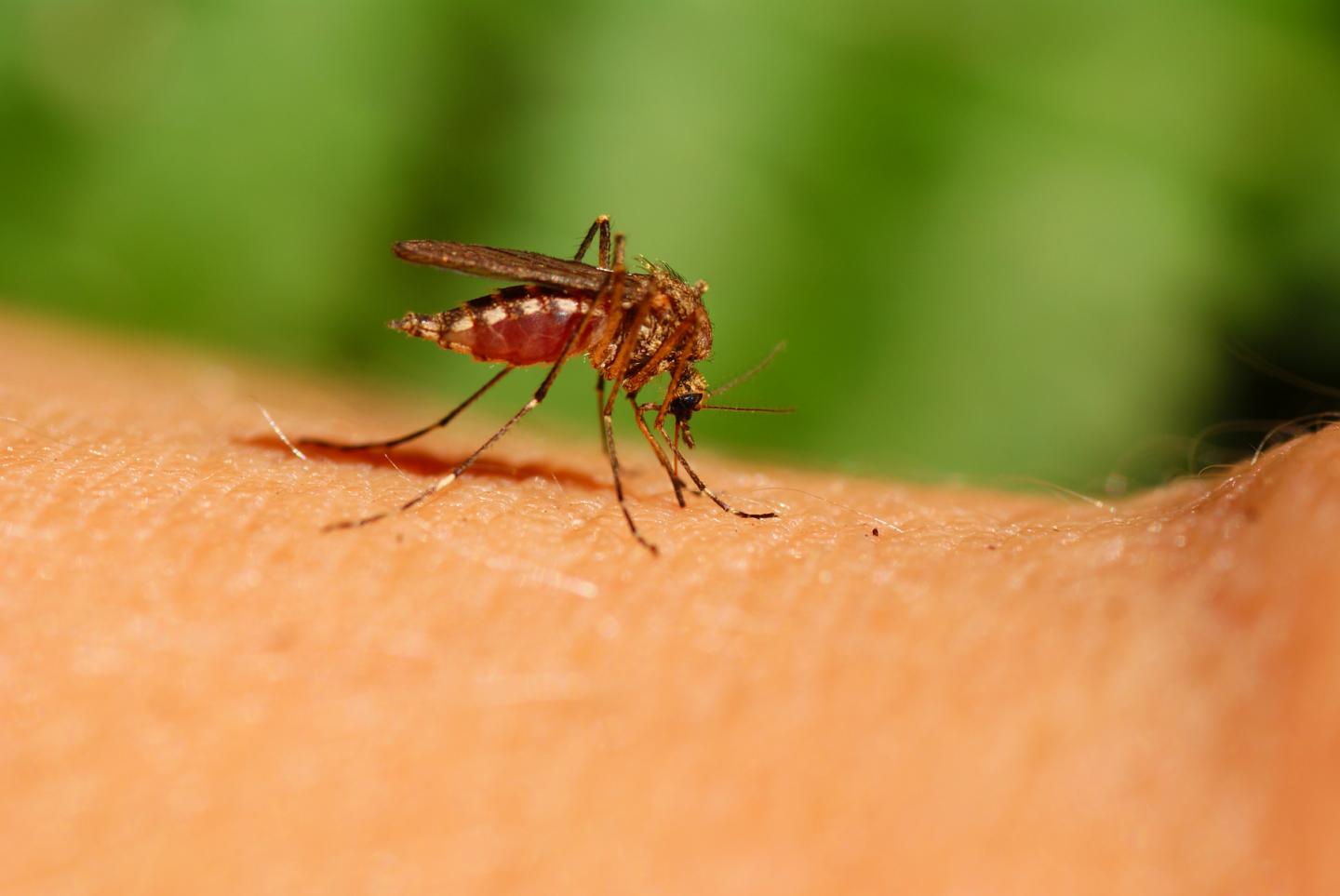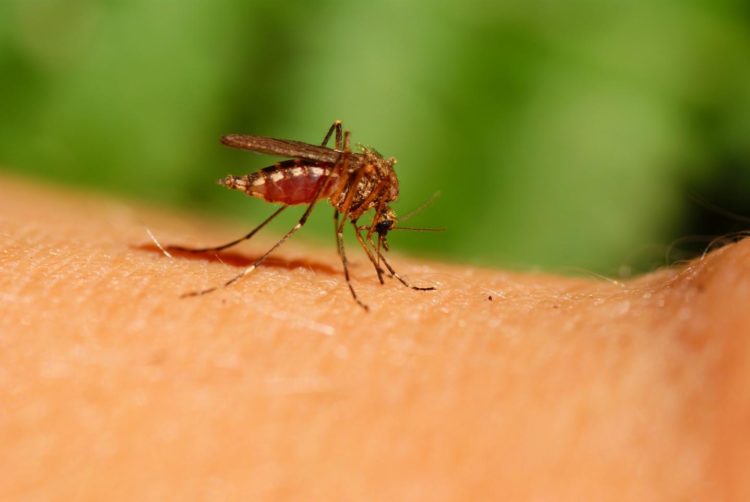
Credit: Jolanta Dabrowska/Mostphotos
Researchers at Stockholm University have developed a method for statistically predicting impacts of climate change on outbreaks of tularemia in humans. The study has been published in the journal International Journal of Environmental Research and Public Health. The results show that tularemia may become increasingly common in the future in high-latitude regions.
As the average annual temperature rises in high-latitude regions, rain and snow magnitudes and the flow of water through the landscape also change. These changes affect living conditions, for example, for insects that may be carriers of various diseases. Researchers at the Department of Physical Geography at Stockholm University have studied the effect of such changes on tularemia, a disease that primarily affects small rodents but can also infect humans. The study shows that relatively small changes in climate and water conditions can sharply increase the incidence of tularemia in humans. The results are consistent with the increasing number of reported human cases of tularemia in Sweden.
“Tularemia is fatal to rodents and a serious disease in humans,” says Gia Destouni, researcher at Stockholm University. “We have used a tested statistical disease model that has, for example, been able to predict six out of seven years with a relatively large number of tularemia cases in humans in Dalarna County between 1981 and 2007. This type of tested statistical disease model is a valuable tool that enable us to predict outbreaks in the future under altered climactic and water conditions.”
Tularemia spreads to people in various ways. In the vast forested areas of Sweden, Finland, Russia and Alaska, a bite from mosquitoes carrying the bacteria that cause the disease is one common path of infection.
“Northern communities and ecosystems are particularly vulnerable to climate change, which is greater here than the global average,” says Gia Destouni. “For this study, we chose to look at tularemia because it is a well-studied disease with tested statistics on the spread of the disease to humans at these latitudes. We were then able to use tularemia as a model disease for the development of a new methodology for predicting how changed temperatures and water flows can lead to new circumstances for the spread of the disease to humans in northern communities. In future research, similar methodology can be used for similar studies of the effects of climate change on different infectious diseases and in different parts of the world.”
###
The article Potential for Hydroclimatically Driven Shifts in Infectious Disease Outbreaks: The Case of Tularemia in High-Latitude Regions was published in International Journal of Environmental Research and Public Health on 2 October 2019.
You can read it here: https:/
For more information, please contact:
Yan Ma, PhD student, Department of Physical Geography, [email protected]
Gia Destouni, Professor of Hydrology, Department of Physical Geography, [email protected], +46 70-453 23 66
Zahra Kalantari, researcher, Department of Physical Geography, [email protected]
Malin Stenberg de Serves, press officer, Department of Physical Geography, [email protected], +46 70-618 25 35
Media Contact
Malin Stenberg de Serves
[email protected]
46-706-182-535
Original Source
https:/
Related Journal Article
http://dx.





